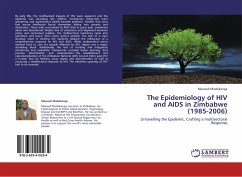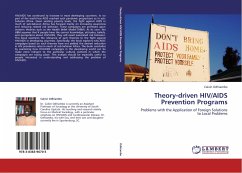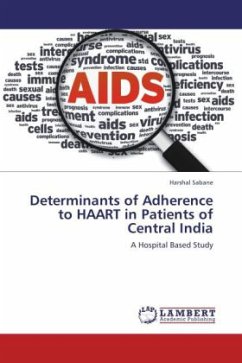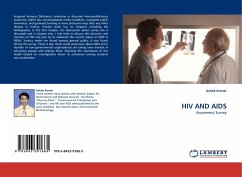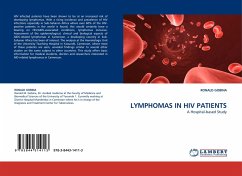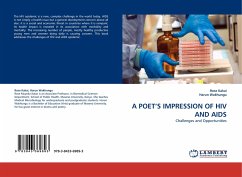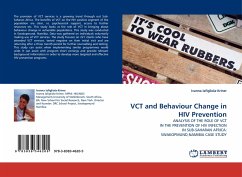By early 90s, the multifaceted impacts of HIV were apparent and the epidemic was spreading like wildfire. Community safety-nets were splintering and superstitious beliefs became epidemic. Families that once had secure livelihoods found themselves sliding into poverty and destitution. Those who succumbed to AIDS died in great pain, sometimes alone and abandoned. Despite lack of coherence and alignment between policy and contextual realities, the multisectoral machinery came into operation and buy-in from many sectors swelled. The lack of a clear strategic vision in tackling the epidemic delayed the rolling-out of a comprehensive response to HIV and AIDS. While multisectoral actors worked hard to care for people affected by HIV, stigma was a major stumbling block. Additionally, the lack of funding and integrated monitoring and evaluation frameworks curtailed lesson learning, best practice identification and dissemination. The establishment and operationalization of the Zimbabwe National AIDS Council (NAC) gave HIV a human face by fleshing away stigma and discrimination as well as nurturing a multisectoral response to HIV. The relentless upswing of HIV had to be reversed.
Bitte wählen Sie Ihr Anliegen aus.
Rechnungen
Retourenschein anfordern
Bestellstatus
Storno

